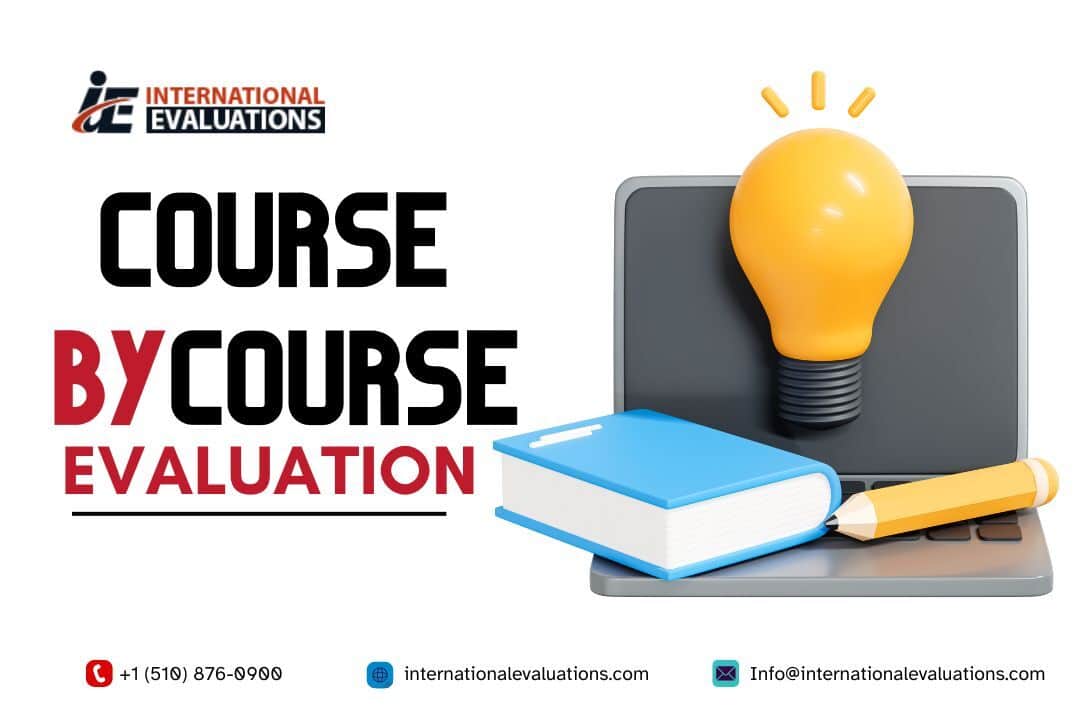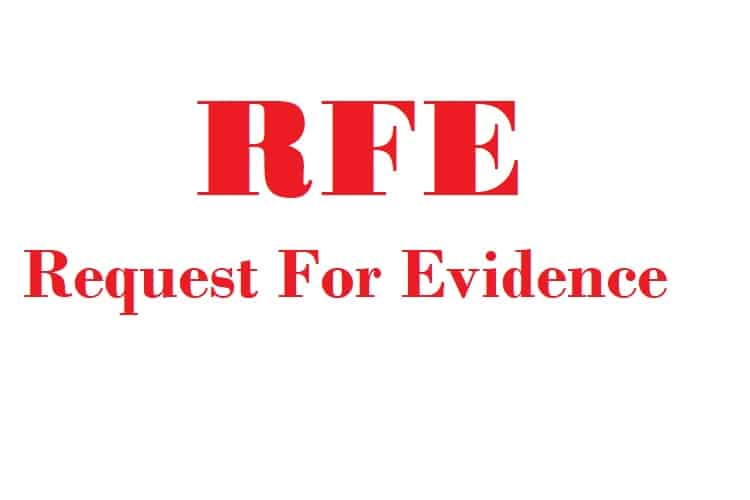Introduction
In a significantly globalized world, the need to evaluate work experience accurately has never ever been more critical. Individuals seeking to advance their professions or relocate typically discover themselves navigating a labyrinth of scholastic and professional certifications from different nations. For employers and universities alike, comprehending these credentials is critical in guaranteeing that they pick the ideal prospects.
This article dives deep into Unlocking Potential: Comprehensive Work Experience Examination Techniques, exploring numerous approaches, including academic credential evaluation, international credential examination services, course-by-course credential evaluation, and the significance of the expert opinion letter in making notified decisions about potential staff members or students.
Unlocking Potential: Comprehensive Work Experience Examination Techniques
Evaluating work experience acts as a bridge between individual prospective and opportunity. Yet, how do we open this potential successfully? The response depends on a multi-faceted technique that includes different assessment techniques customized to individual requirements and contexts.
Understanding Work Experience Evaluation
Work experience assessment examines a person's expert background, abilities, and competencies relative to job requirements or educational standards. This process can substantially differ based upon region, market, and particular roles.
The Significance of Precise Evaluation
Why is precise work experience assessment essential? Errors can cause poor hiring decisions, mismatched educational placements, or unfinished profession goals. It's vital for employers and institutions to ensure they make use of precise techniques when examining qualifications.
Key Parts in Assessing Work Experience
Professional Background Check
A thorough evaluation of previous work history is essential. This consists of confirming task titles, periods of employment, obligations held, and achievements.
Skills Assessment
Understanding the skills gotten throughout previous roles assists gauge suitability for future positions.
Industry Relevance
Examining whether previous experiences line up with existing industry standards is important for a significant assessment.
Academic Credential Evaluation
This involves analyzing any official education got alongside professional experience.
Types of Credential Evaluations
International Credential Evaluation Services
When prospects possess qualifications from foreign institutions, worldwide credential assessment services come into play.

What Are International Credential Evaluation Services?
These services examine foreign academic credentials against regional standards. They offer insights into how degrees equate within the domestic education system or labor market.
Why Use These Services?
- To comprehend equivalency in terms of education level To facilitate smoother migration processes To enhance employability by verifying foreign qualifications
Course-by-Course Credential Evaluation
What Is Course-by-Course Credential Evaluation?
This type evaluates each course taken during a prospect's education journey rather than just supplying an overall degree equivalency.
https://lukasotfn296.mystrikingly.com/Benefits
- Detailed insights into specific courses carried out Enables organizations to make educated decisions concerning credit transfers Supports candidates seeking additional education by highlighting strengths and weak points
Crafting Effective Professional Viewpoint Letters
An expert opinion letter functions as an essential file in lots of assessment procedures.
What Is an Expert Viewpoint Letter?
This letter is written by experts who have competence in assessing educational qualifications or work experience relative to industry standards.
Why Are They Important?
Expert opinion letters serve multiple functions:
- Provide reliable assessments Validate claims made by prospects about their experiences Enhance reliability throughout application procedures
Steps for Conducting an Extensive Work Experience Evaluation
Gather Documentation
Gather all pertinent files including CVs, recommendation letters, and efficiency reviews.
Conduct Interviews
Direct discussions offer much deeper insights into candidates' experiences and soft skills.
Use Standardized Tools
Use frameworks or tools developed for examining skills and experiences systematically.
Comparison Versus Standards
Align findings with market benchmarks to ascertain relevance and value.

Compile Findings into Reports
Present outcomes clearly for stakeholders' evaluation-- openness is key!
Challenges in Work Experience Evaluation
Recognizing Pitfalls
Despite best efforts, difficulties are plentiful in evaluating work experience properly:
Cultural Distinctions Variability in Job Titles Lack of Standardization Throughout RegionsHow to Overcome These Challenges?
- Train evaluators on cultural competency. Utilize databases that clarify task title equivalencies throughout industries.
FAQs
1. What does academic credential evaluation entail?
Academic credential assessment typically involves evaluating degrees acquired from various organizations worldwide to identify their equivalency in another country's education system.
2. Why are international credential assessment services necessary?
They aid verify foreign qualifications so that people can gain work or admission into curricula without confusion over their credentials' legitimacy.
3. What differentiates course-by-course credential assessment from routine evaluations?
Course-by-course examinations analyze each specific course taken during one's education instead of merely assessing the degree as a whole.
4. How does a professional opinion letter support my application?
An expert viewpoint letter provides reliable support for your claims concerning your credentials or experiences and can considerably bolster your application's strength.
5. What are common difficulties faced throughout work experience evaluations?
Common obstacles consist of cultural differences affecting interpretations of roles/skills, variability in task titles throughout areas, and lack of standardization leading to confusion over equivalencies.
6. How can I prepare for a work experience evaluation?
Gather comprehensive paperwork like your CV/resume, references from previous companies, performance evaluations if offered, and be prepared to discuss your experiences openly during interviews.

Conclusion
As we've explored throughout this post on " Unlocking Potential: Comprehensive Work Experience Assessment Techniques," it's clear that efficient examinations depend upon nuanced understanding and precise execution of numerous approaches-- varying from scholastic credential evaluations to expert opinion letters that lend credence to individual narratives.
Employers must welcome these detailed strategies not just as governmental requirements but as chances to empower people through reasonable evaluations-- ultimately unlocking the large capacities concealed within varied backgrounds worldwide! By investing time in refining these techniques today, organizations can build stronger teams tomorrow while individuals can navigate their career courses with clarity and confidence.